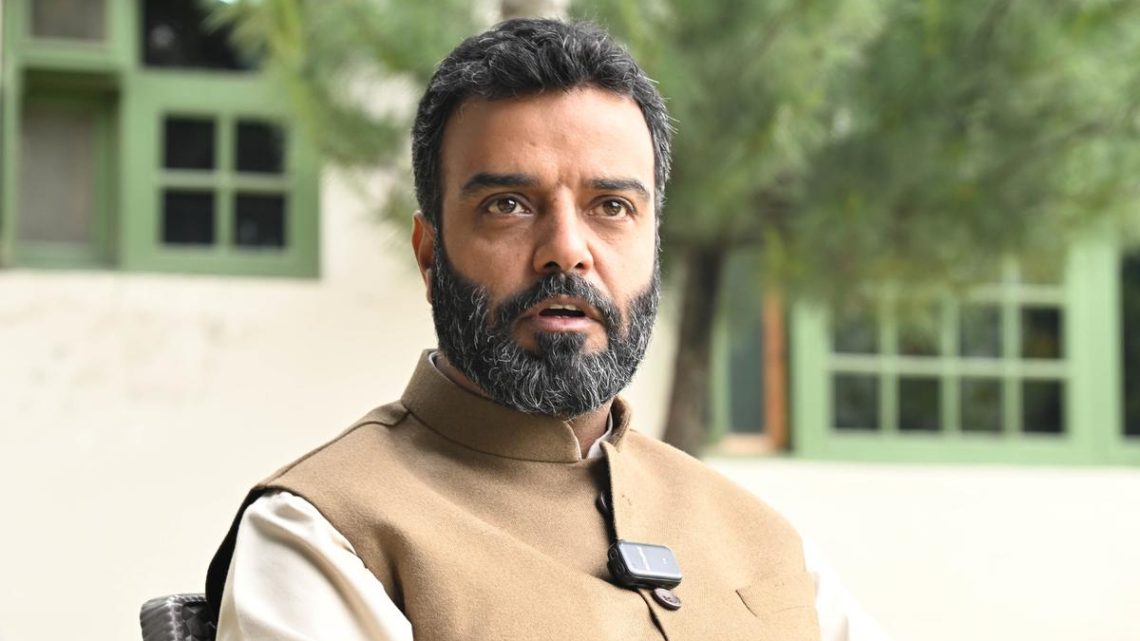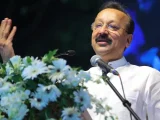
Committed to Restore Article 370: NC’s Mehdi Stand
October 13, 2024Agha Syed Ruhullah Mehdi, a leader of the National Conference and Member of Parliament from Srinagar, is vocal about his party’s commitment to restoring Article 370.
In a recent media interview, Mehdi emphasized the importance of reclaiming the rights taken from the people of Indian Illegally occupied Jammu and Kashmir (IIOJK). He articulated a clear stance against the forces that have marginalized Kashmiris.
Mehdi asserted that their struggle will persist. He believes in fighting with dignity, reflecting the people’s choice of representatives to advocate for their concerns.
He highlighted the significance of maintaining a respectful relationship with the Indian government. However, he made it clear that this should not come at the expense of their honor and dignity.
“Our mandate is from the people, and we cannot compromise on that,” Mehdi stated firmly. His comments underline a broader sentiment among Kashmiris regarding their rights and identity.
The restoration of Article 370, which previously granted special status to Jammu and Kashmir, remains a central issue. The removal of this article in 2019 has led to widespread concern and dissatisfaction among many residents.
Mehdi’s remarks match with those who feel disenfranchised and believe that their voices have been ignored. The National Conference aims to reclaim the narrative surrounding IIOJK’s identity and rights.
This ongoing struggle reflects a deep-rooted desire among Kashmiris for recognition and respect. Mehdi’s leadership signifies a rallying point for those advocating for their rights.
He stressed that the fight for dignity and rights is not merely political; it is deeply personal for the people of IIOJK. They seek acknowledgment of their history and struggles.
The National Conference intends to mobilize support from various sectors of society. Mehdi’s vision includes uniting different voices to strengthen their position and push for the restoration of rights.
In this context, the relationship with the Indian government is complex. While Mehdi expresses a desire for dialogue, he insists on safeguarding the dignity of Kashmiris.
His comments reflect a nuanced understanding of the political landscape. It underscores the importance of dialogue that respects the rights and identities of all stakeholders involved.
Ultimately, Mehdi’s advocacy for Article 370 and the rights of the people serves as a crucial reminder of the ongoing issues facing Indian illegally occupied Jammu and Kashmir. His leadership aims to inspire hope and resilience among those who feel marginalized.

